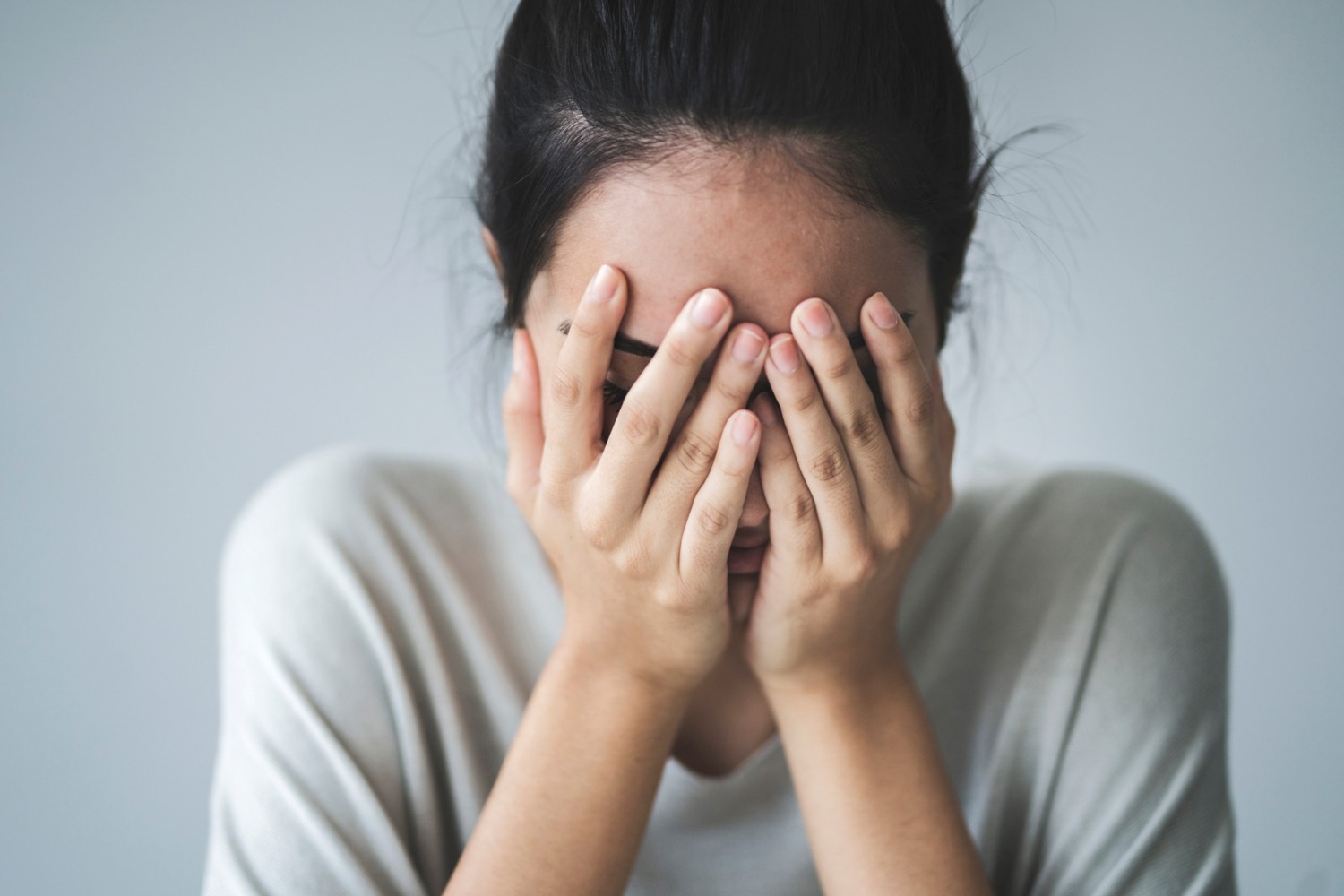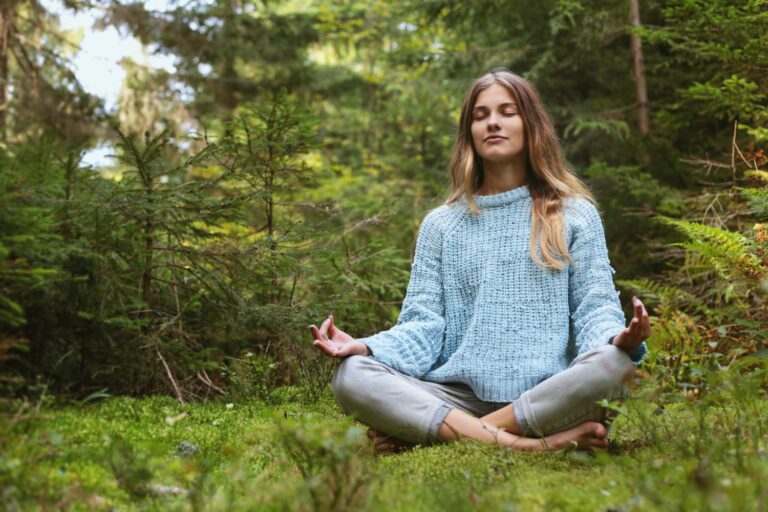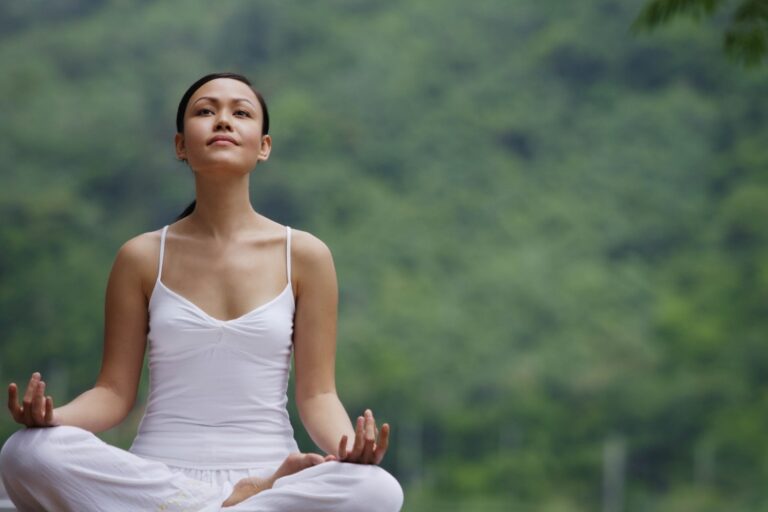Can mindfulness help with anxiety?
Anxiety can be overwhelming. It can make it difficult to live your life, and the physical symptoms can be intense. But there are many ways to help manage anxiety, including mindfulness.
Mindfulness is a technique that has been used for millennia as a way of finding peace in your own mind and body. Whether you have never tried it before, know just a little about it, or want to dive deeper – then this blog post is for you!
How can mindfulness help with anxiety
Mindfulness can be a powerful tool to help manage anxiety. It’s a great way to find more peace in your own mind and body. It’s even helping people overcome other difficult life challenges. There are many ways it can help with anxiety:
- Practicing “being” more than doing. Instead of always being on the go, just stopping for a moment in what you’re doing and embracing this present moment – right here, right now – can offer some relief from anxiety
- Examining how you create your own suffering and learning not to judge or react to negative thoughts
- Mindfulness can be practiced anytime, anywhere. Whether at home or work – or on the go – you can pause and take a few moments to breathe deeply, focus on your sense of touch, smell, or sight – or do some mental exercises
Benefits of mindfulness
There are many benefits to mindfulness. In addition to how mindfulness can help with anxiety, it can also be helpful for a number of other issues in life.
It can help you feel more in control, reduce stress and worry, improve self-confidence and resilience. Mindfulness can also help increase focus on the present moment (instead of worrying about what might happen). This can allow you to make better decisions as a result of being more mindful. Other benefits includes feeling less anxious when faced with challenges or stressful events in your life, and help you sleep better.
Mindfulness can help with more than just the mind, it can also positively affect our body’s immune system. This was also found to be the case in a systematic review of research studies.
Additionally it can even help with stress management. It allows a person to put aside the day’s worries or concerns for just a few moments. This can be a great relief for those who are feeling overwhelmed.
It can help with self-acceptance and compassion. Mindfulness encourages people to see themselves with kindness rather than judgement or criticism.
Mindfulness has also been shown to improve empathy skills. Leading to more compassion for others and improved relationships with loved ones and friends.
Examples of how mindfulness can be used to help with anxiety symptoms
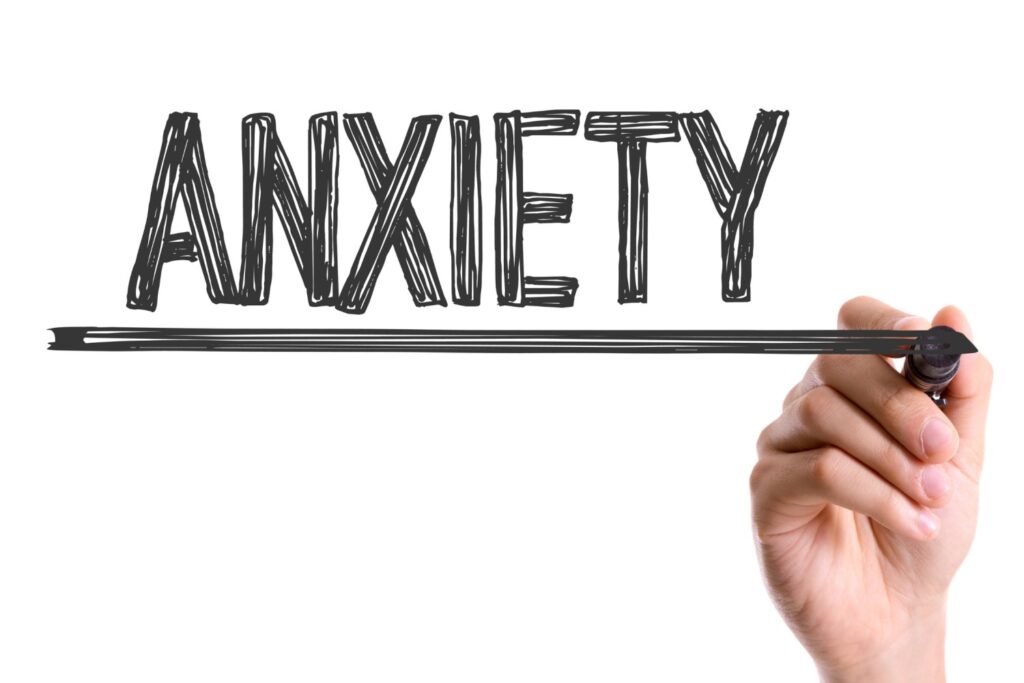
- Slow down and take notice of your thoughts, emotions, and physical sensations. What are they like? How intense are they? Stay with them for as long as you can without trying to change or judge them
- Take a few deep breaths and focus on breathing calmly in order to let go of the stressful feelings
- Practice self-compassion by being kind to yourself when you are feeling anxious or stressed out. E.g. saying to yourself: “I’m having a hard time right now, but I know it will pass”
- Cultivate kindness by adopting a curious attitude towards your thoughts and feelings, and accepting that you can not always control them
Tips for practicing mindfulness
Mindfulness is not only about being mindful of your thoughts but it’s also about being in tune with the physical sensations that you can feel in your body. You can practice mindfulness by focusing on what you’re doing during the day and how these tasks make you feel, rather than thinking about anything else.
It can also be helpful to practice mindful breathing, for example by focusing on your breath as it flows in and out of your body. This can very often ease your mind from racing with thoughts.
If you are feeling anxiety about something that may happen in the future, try these mindfulness practices to help with your anxiety:
- Notice what thoughts come up when you think about the future thing/event; just don’t believe them! Thoughts can be a powerful trigger for anxiety, but they are most often not true. Allow yourself to have those anxieties without fighting them or trying to push them away
- Create a plan with your thoughts in mind, including what you can do to address the negative feelings and thoughts that come up when thinking about the future event/thing; this will help reduce anxiety
- Sit down, take some deep breaths and focus on relaxing your body
How to maintain regular mindful practices
To maintain regular mindful practices, you might plan to do a mindful activity every day like drinking tea slowly or going for a walk.
An exercise form that can be very helpful for mindfulness is yoga. There are many different types of yoga, but the most common form is Hatha Yoga.
In this type of yoga there are some poses that can be used to calm anxiety and allow for self-reflection. These movements might include meditation with a mantra or focusing on your breathing while you do each pose. By doing these exercises you will feel more in tune with your body, which can help you feel less stressed and reduce anxiety.
There are also many apps available for smart phones that can help you practice mindfulness when it’s difficult to remember to do during the day.
A very helpful audio program is Room to Breathe by Sharon Salzberg. Here she presents eight essential guided practices along with mindfulness teachings. Including ‘Calming the Mind’ – a technique to help replace anxiety with composure and strength.
Mindfulness and how it can help with anxiety and other mental health issues
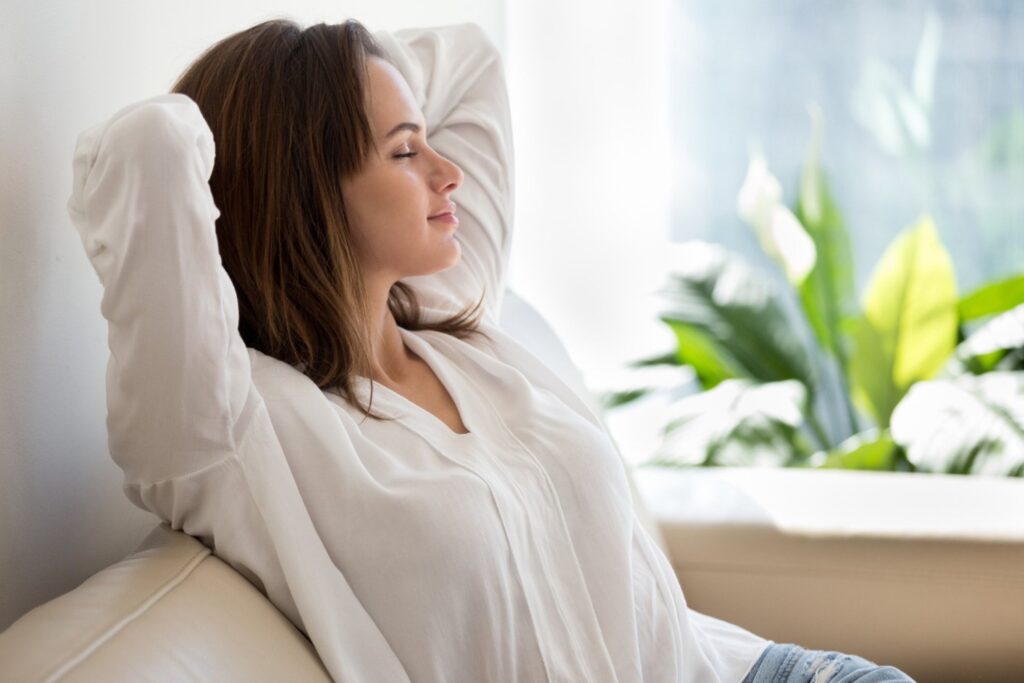
Mindfulness is a term that has been used for many years to describe the state of being intensely aware and present in one’s surroundings. These practices have helped countless people deal with anxiety, depression and other mental health issues.
The idea behind mindfulness is that it can help us to live more in the present moment, rather than worrying about what may or may not happen. We get so caught up with our thoughts and worries that we don’t even notice how they are affecting us.
Mindfulness and meditation helps you focus on the present moment and observe your thoughts without judgement or attachment. This way you can use mindfulness and meditation as techniques to help with anxiety in your life.
By paying attention to what is happening right now, we can more easily find joy and develop peace of mind. Keep practicing mindfulness! Begin using these practices regularly, it takes time for them to be effective. Remember, it’s not easy at first, but it can be very rewarding.
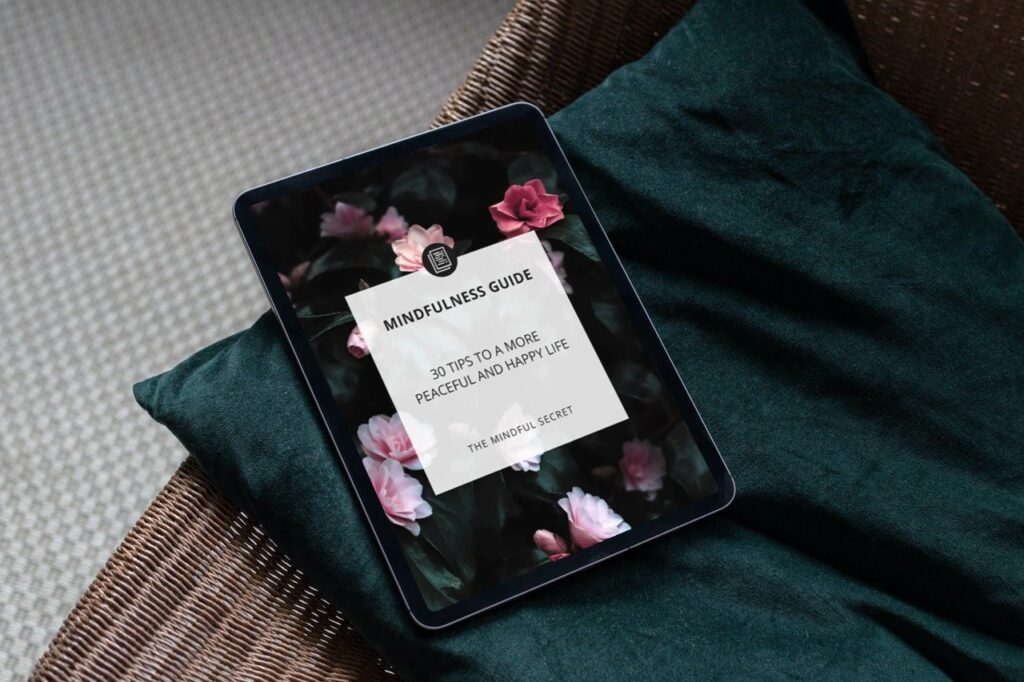
Get Our Mindfulness Guide For Free
“30 Tips To A More Peaceful And Happy Life”
Do you find yourself living in the past or worrying about the future?
Do you ever feel like there is just too much going on and not enough time to take care of what really matters?
If so, mindfulness exercises can help! Mindfulness exercises are a great way to practice living in the moment and become more peaceful. They can even help with stress relief.
This guide will provide you with 30 of the best mindfulness tips and exercises that anyone can do.
When signing up you will also receive our free email newsletter with mindfulness tips, motivational content, and resources. You can unsubscribe at any time. We value privacy and will always protect your email.

